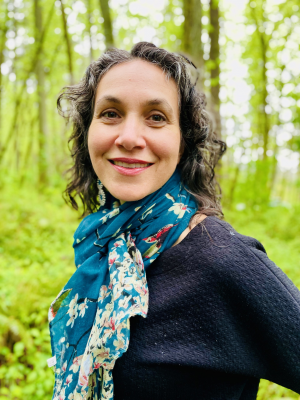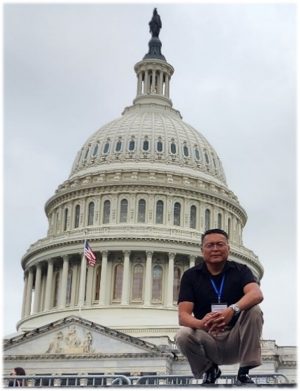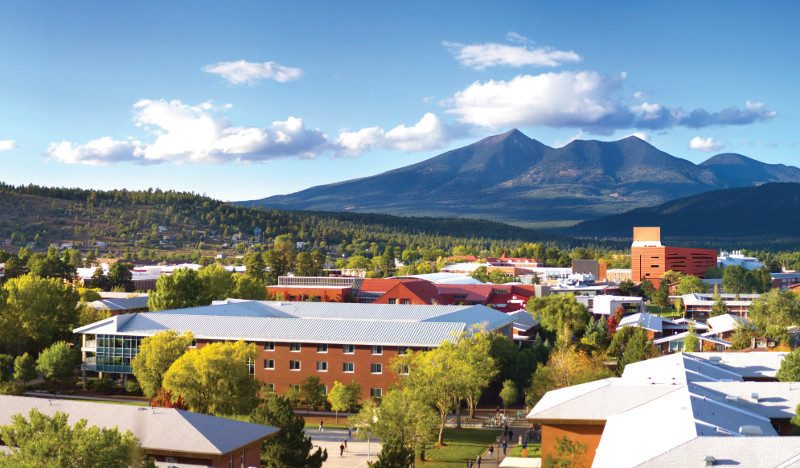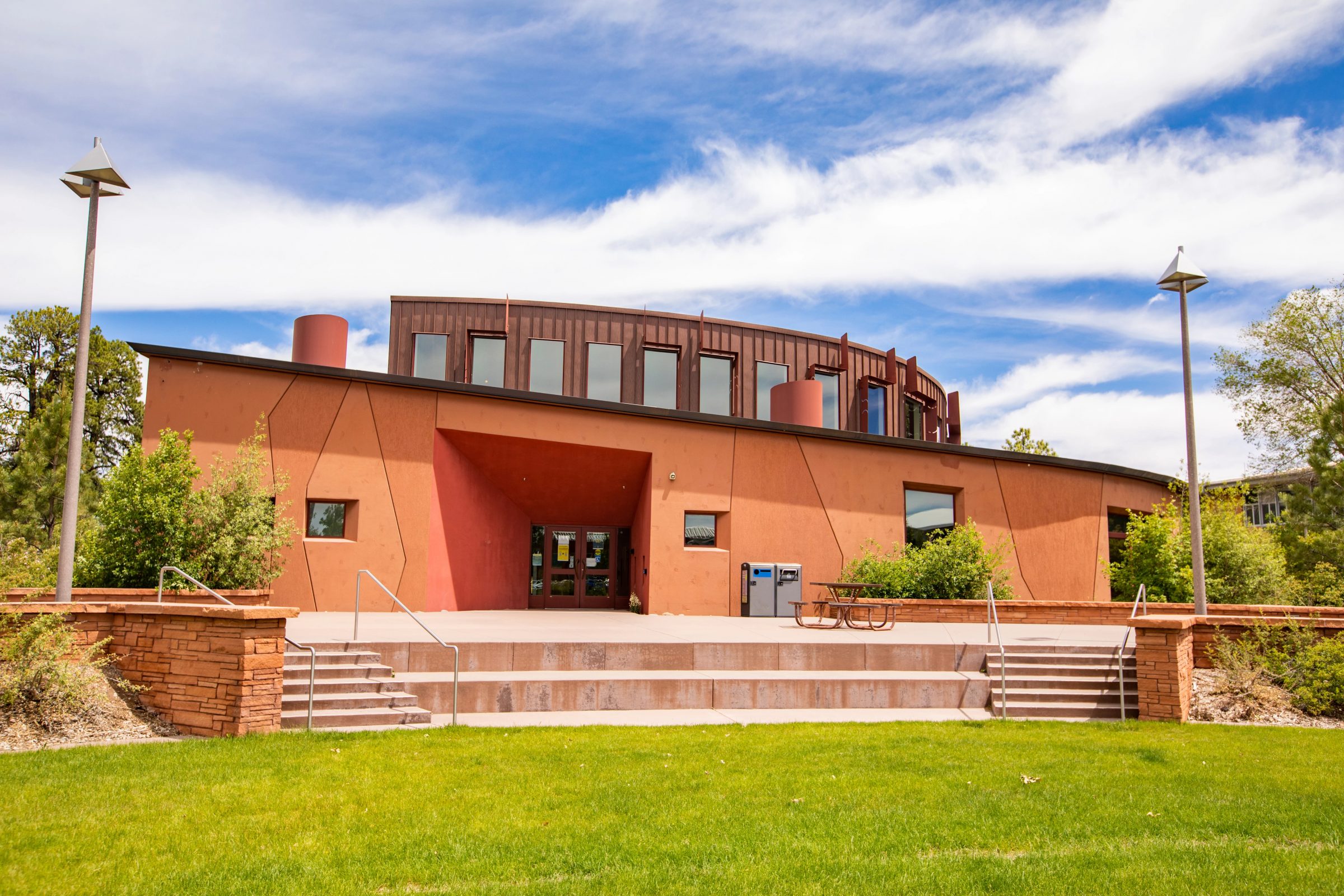SILS and AIITEC
Stabilizing Indigenous Languages Symposium and American Indian/Indigenous Teacher Education Conference
Empowering future generations with indigenous knowledge and language
June 19–21, 2025
Northern Arizona University’s College of Education will host the Stabilizing Indigenous Languages Symposium and the 15th American Indian/Indigenous Teacher Education Conference (AIITEC) on June 19–21, 2025. This hybrid conference for preschool, K–12, Tribal, college, and university educators, as well as concerned community members, includes panels, workshops, and papers to share ideas for improving the lives and education of American Indian children, especially regarding the revitalization of their Indigenous languages and cultures.
Join your colleagues for two and a half days of career-empowering knowledge, practices, networking, and practical teaching solutions. The conference is designed with your specific needs in mind and will provide strategies you can use immediately across all grade levels and subjects. NAU’s College of Education has worked with Tribal Nations to improve the education of American Indian students for decades. It has hosted a variety of American Indian teacher and administrator preparation programs.
Call for presentations
The SILS and AIITEC are now accepting proposals for the 2025 conference.
Conference goals
- Bring together American Indian and other Indigenous language educators and activists to share ideas and experiences on how to teach and revitalize American Indian and other Indigenous languages in homes, communities, and schools.
- Share resources for early childhood educators in Tribal schools and communities.
- Disseminate recent research and thinking on best practices to promote, preserve, and protect American Indian and other Indigenous languages in the spirit of the 1990 Native American Languages Act and the United Nations 2007 Declaration on the Rights of Indigenous Peoples.
Conference schedule
2025 NAU Stabilizing American Indian Languages/AIITEC
All times are Pacific Daylight Time. The schedule is to be determined. Please check back later for updates.
Keynote speaker
Ilana Umansky
Contexts, Opportunities and Dilemmas: Learning about American Indian and Alaska Native Title III Identification from State Education Agency Leaders
Bio: Ilana Umansky is an Associate Professor in the College of Education at the University of Oregon. Her work explores how education policy impacts the educational opportunities, experiences and outcomes of multilingual and English learner-classified students. She holds a PhD from Stanford University in Sociology of Education and is particularly interested in topics such as language policy, labeling, and tracking as she focuses on partnership-centered research to support equitable and excellent school systems for multilingual students. Her work appears in journals including the American Educational Research Journal, Educational Evaluation and Policy Analysis, and the Bilingual Research Journal, Educational Policy, and Exceptional Children and has received funding and awards from institutions including the Institute of Education Sciences, AERA’s Bilingual Education Research Special Interest Group, and the National Academy of Education. Her work centers critical problems of practice in educational equity and she has worked in partnership with state education agencies, the National Indian Education Association, and the Council of Chief State School Officers.
Federal law defines Title III (English learner) eligibility differently for Indigenous, compared to non-Indigenous, students, allowing for broader entry into the Title III category, along with its accompanying resources and services. This presentation presents findings from interviews with Title III leaders in 25 state departments of education about their level of understanding of the differentiated definition and their work to interpret and implement it. Many leaders had little understanding of the federal law and weak engagement with Tribes and communities, both of which limited their work. In states where leaders had deeper knowledge and engagement, they were more actively interpreting and implementing federal law, particularly with the aim of increasing Indigenous students’ access to heritage language and culturally-sustaining programs.

Carlos Begay
Preserving Navajo Language & Culture for Future Generations
My name is Carlos Begay and I’m of the Reed People Clan
born for Deities Dressed In Regalia People Clan. My maternal
grandparents are of the Reed People Clan and my paternal
grandparents are of the Yucca Plant People Clan. I am originally
from Black Mesa Peabody Coal Mine Arizona but I’ve resided in
Flagstaff Arizona for 30 years.
As a student, I’ve studied in the areas of Navajo Language, Fine
Arts, Post Secondary Education, Army ROTC Military
Leadership Science, Multicultural Education, and Educational
Leadership. I’ve taught Navajo Language, Culture, History,
Government, Philosophy, and served in Administration for a total
of 18 years. While working with schools, I’ve sponsored student
clubs, title holders, and had the privilege of coaching sports. I
have also provided consultation work (cultural and professional)
for many schools, organizations, and businesses across the Nation
for the past 30 years. I have continued being a traditional
practitioner (Blessing Way and Native American Church) for
over 30 years now in which there is no retirement from.
Language and Culture embodies harmony, a way of life, values, and respect in every learner’s mental, physical, and spiritual well-being. My ultimate goal through my years of teaching is to prepare language and cultural learners how to properly communicate, to comprehend, to understand the dynamics, and to articulate language and culture through basic fundamental academic structure, social expectations, content based instruction, and problem based learning. The transition and progress better prepare students for higher expectations, required standards, academic focus, building self-awareness and self-confidence, cross-cultural communication, and reinforcing our Elders perceptions on life, values, practices, principles, and language.

Past AIITEC conferences
For more information
Contacts
Dr. Joseph Martin
928-523-5933
Joseph.Martin@nau.edu
Dr. Jon Reyhner
928 523 0580
Jon.Reyhner@nau.edu

